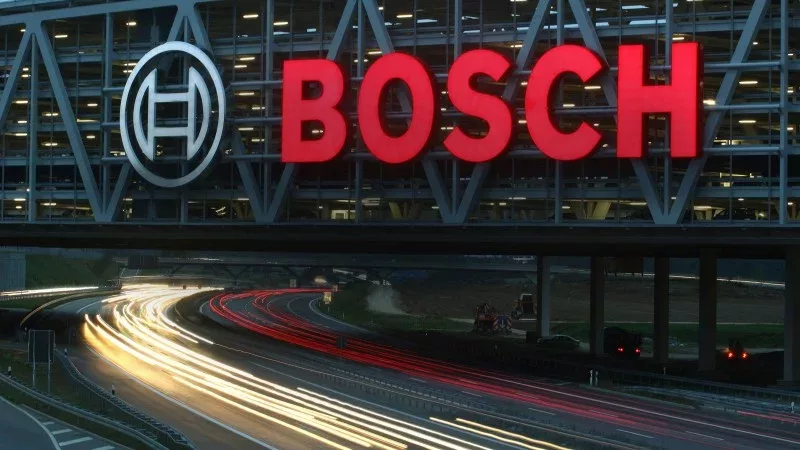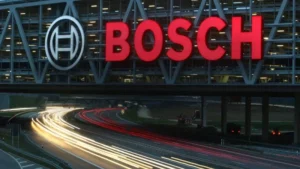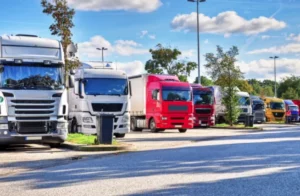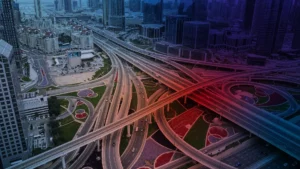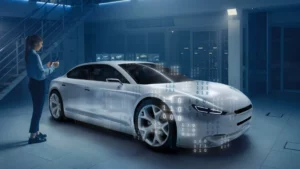Technology and services company Bosch says combining the internet of things with artificial intelligence, and developing electromobility will allow it to develop new business opportunities on the back of the “profound technological and ecological changes currently occurring”.
“Bosch came through the first year of the coronavirus pandemic well,” said Dr Volkmar Denner, the chairman of the board of management of Robert Bosch GmbH, at a press conference to present the company’s 2020 annual report. “We are one of the winners in the transition to electromobility, and we are significantly expanding our software business by tying in artificial intelligence.”
In powertrain technology, electromobility is establishing itself as Bosch’s core business. Denner reported that the company is making heavy upfront investments in this area – a further €700 million this year. Up to now, its upfront investments in electromobility total €5 billion.
“Electromobility has long since ceased to be a bet on the future. Our upfront investments are now beginning to pay off,” the Bosch CEO said.
The company report that in the first three months of this year, Bosch Group sales climbed 17% year on year. “With a good first quarter, Bosch has made a successful start to 2021,” said Prof Stefan Asenkerschbaumer, the CFO and deputy chairman. He expressed confidence for 2021, but expects it to be “another challenging year”.
Bosch says it aims to leverage the competitive advantage it derives from its wealth of experience in combining connectivity (the internet of things, IoT) and artificial intelligence (AI) to generate future business and become a leading AIoT company. Bosch foresees that AI-enabled products will generate sales worth billions of euros over the next few years. Sales of connectivity-enabled devices for the home are expected to double: from four million last year to around eight million units in 2021. In addition, Bosch wants to use AI to evaluate data relating to how its customers use its products, and in this way to provide software updates that create new functions and services for those customers
“Connecting things leads to knowledge about how things are used,” Denner said. “This lets us continuously improve our products, keep them up to date, and provide our customers with more benefits.”
Bosch says in the field of video security, video analysis based on neural networks opens up new possibilities. It is integrating detectors both into new cameras and into an AI box that can be connected to installed devices. The first application is a traffic detector that will initially be able to detect and locate vehicles precisely in busy traffic situations, even under difficult lighting conditions.
The company further believes electrification opens up new opportunities in several business areas: “Electrification requires solutions not only for electric driving in cars, but also for electric heating in buildings,” Denner said. In electromobility, the key drivers of change are falling battery costs and emissions standards designed to meet climate action targets. In building technology, especially in heating and air- conditioning, the use of heat pumps and renewables is playing a growing role.
Bosch believes the market for green hydrogen in the EU will be worth almost €40 billion by 2030. It is developing both stationary and mobile fuel-cell solutions.
However the company warns EU plans may threaten carbon neutrality. Denner said he does not believe that the EU’s initial plans for the Euro 7 emissions standard make sense. “Climate action is not about the end of the internal-combustion engine. It’s about the end of fossil fuels. And while electromobility and green charging power make road transport carbon neutral, so do renewable fuels.”
The Bosch CEO reminded his audience that climate-neutral mobility is almost as ambitious a goal as flying to the moon was in the 1960s. But instead of just setting the big goal of “first man on the moon” and leaving it up to engineers to decide how to achieve it, as US President Kennedy did at the time, the European Commission is doing things the other way around. “This is a surefire way to cut off alternative paths to climate action,” Denner said. “If society truly wants climate action, it is essential that we do not play technological approaches off against each other. Instead, we must combine them.”
(Picture – Bosch)



